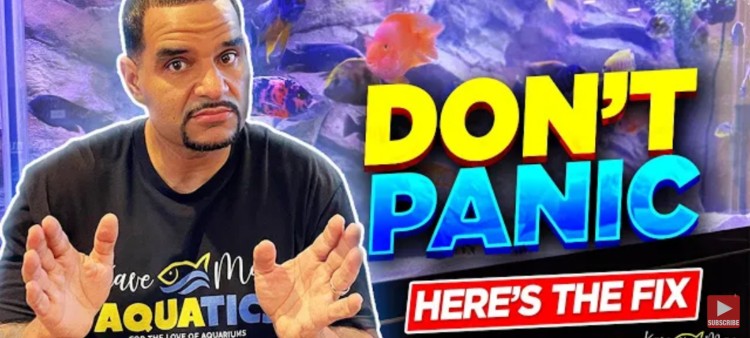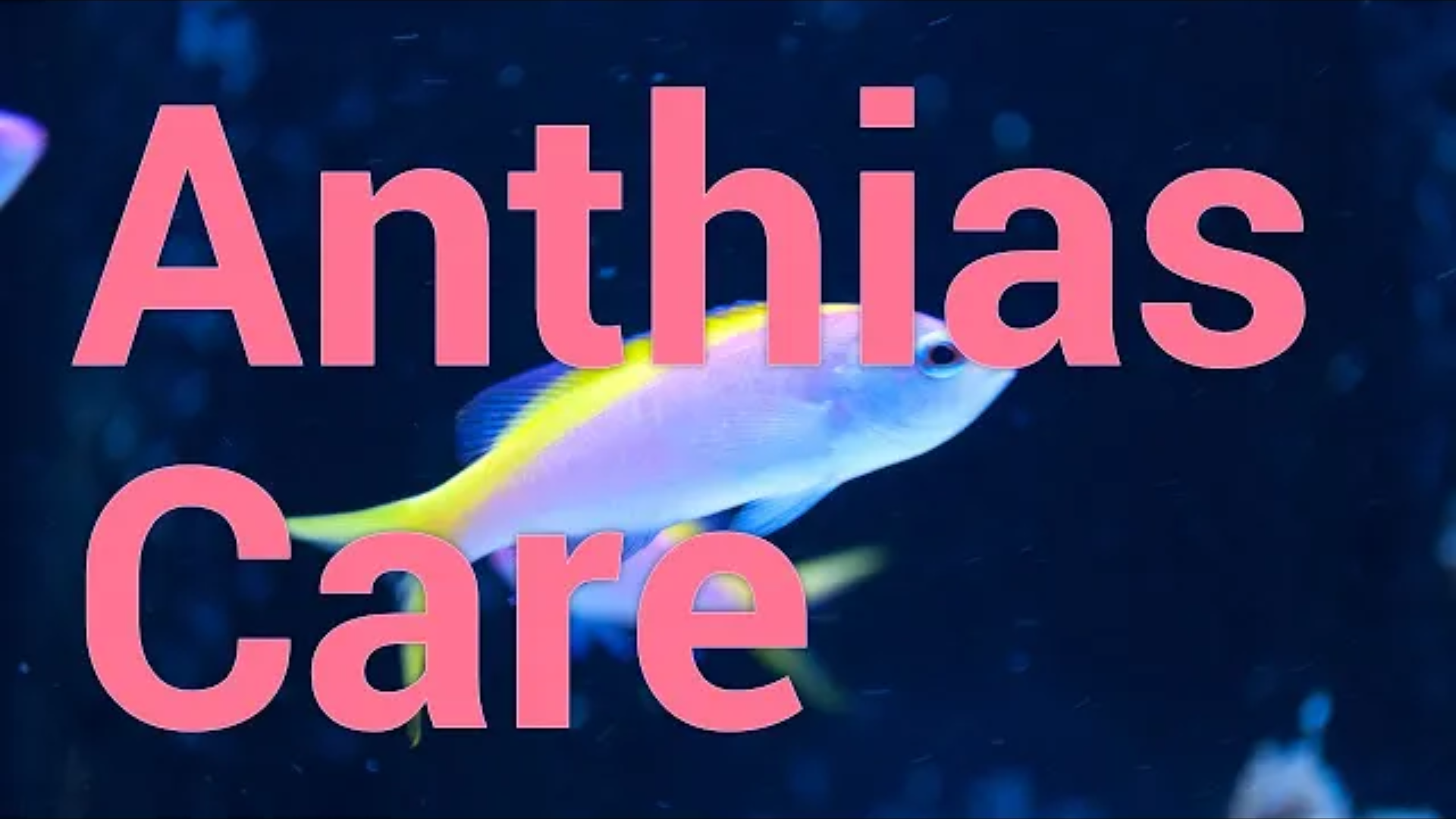Going on a vacation? Prepare Your Reef Aquarium For The Period
- Sep 04, 2021
- Anshika Mishra
- 265 0 0

Are you planning a vacation? Of course, but how will your reef aquarium survive with your being away from home for a considerable number of days? Worry not!
Here are the expert tips on how you can prepare your reef tank before leaving on vacation:
1. No Big Changes
Don't make any major changes to your tank. For example, just don't do it if you have a new skimmer that needs to be installed or add a second return pump to your sump. Chances are, a new piece of equipment needs to be tweaked after it is installed to make sure it is running at an optimal level.
It can even malfunction if not installed properly. So you should be around a while to babysit a new install in your aquarium.
2. Top-off Liquids
Top off your RO/DI water reservoir and other additives. Make sure you have enough RO/DI wanted to last the entire vacation plus another week. There should also be an ample supply of other liquid additives such as trace elements or two part-calcium and alkalinity.
A tank with a heavy demand for calcium and alkalinity can crash if dosing stops for a few days. So if you use a calcium reactor, check to make sure your CO2 is not running low.
3. Don't Neglect Your Tank
It is always very important to stay on top of the maintenance. Equipment will eventually fail if it is not maintained regularly. Also, as noted in point number two, you don't want the dosing of your tank to stop while you are away.
4. Invest in a Controller
An aquarium controlled is a great tool to have while on vacation. Just make sure you don't set one right up right before you go on a vacation. You can use the controller as a monitor. For example, if your alkalinity drops while you are away, you can easily lower the pH set point in your calcium reactor. This increases the alkalinity since more CO2 will be injected with a lower set point.
A controller can also alert you of certain parameters such as temperature, conductive, alkalinity. You can set email and text alerts set up for this purpose.
5. Utilize Web Cams
You can have a webcams system for your tank. If bought specifically for the tank, you should opt for infrared cameras to view the tank even in a dark room. While on vacation, you can look at the webcams daily, and they can identify a problem before a controller detects it.
For example, lower than normal water in the sump could indicate a problem with your auto-top-off device.
6. Reliable Tank Sitter
Yes, you want a person you can count on to feed your fish and help with any basic maintenance required during the vacation. They should also be handy in case something goes wrong with the tank.
Someone with reef-keeping experience is ideal, but it's best to give the tank an in-person briefing about the tank and its responsibilities no matter who it is. Also, leave detailed notes on my contact information in case they have any questions or need to get in touch about an issue while you are away.
7. Resist Adding New Fish/Coral
Any new addition should be avoided right before you go away. A new fish is under considerable stress when added to a new tank. Other fish may be picking on it, or it could have a disease. A dead fish left insider the tank can be problematic on several fronts.
As for coral, try not to add any frag within two weeks of vacation. The biggest concern should not be not being around to re-glue a frag that has been knocked off its perch. If the glue or putty holds for a couple of weeks, chances are there is a solid bond. But you never know when you have turbo snails, those brutes can bold anything over.
8. Add Auto Fish Feeder
Depending upon the fish you have in your tank, you will need to feed them multiple times a day. But when you are using a tank sitter, that person will only come over to feed your fish two times. Therefore,e you must use an auto fish feeder to dispense pellets to supplement those feedings.
9. Replace Filter Socks
Swap out filter socks with a new one right before you leave. You may want to consider removing filter socks for a trip over a week if they clog every three to four days. If you use filer rolls, make sure you have a sufficient supply.
10. Prepare For No Power
If you have a portable generator, make sure you give your tank sitter a tutorial on how to use that in case there is a power outage. At the very least, you want to have a battery backup to keep the flow going and water oxygenated while the power is out.
It can also be helpful to stimulate an outage while you are at home. For example, some equipment can trip a GFCI when power is restored all at once after a blackout. This will allow you to troubleshoot and fix the issue, so it doesn't happen while you are gone.
With all these prerequisites, you are all set for your vacation.






About author